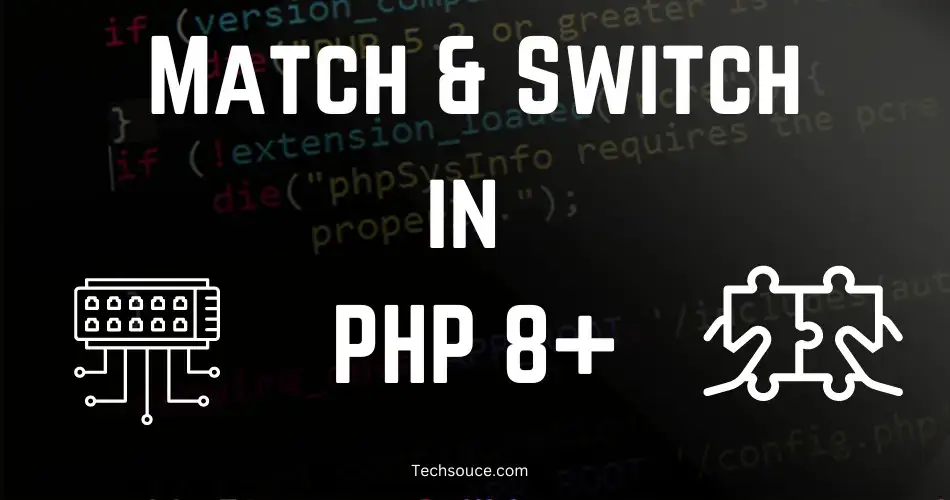With the release of PHP 8, developers gained a new control structure called match, which has sparked discussions about its advantages over the traditional switch statement. Both switch or match serve similar purposes in PHP, but they differ in syntax, capabilities, and performance characteristics. This blog post explores the features of switch and match in PHP 8, providing insights into when to use each and their respective strengths and weaknesses.
Switch in PHP
The switch statement in PHP has been a staple for conditionally executing code blocks based on the value of a variable. It allows you to compare a variable against multiple possible values and execute corresponding code blocks.
Here’s an example of using switch in PHP:
$day = "Monday";
switch ($day) {
case "Monday":
echo "Start of the week";
break;
case "Friday":
echo "TGIF!";
break;
default:
echo "Weekend vibes";
break;
}Match in PHP
PHP 8 introduced the match expression as a more versatile alternative to switch. While switch is limited to comparing values and executing blocks, match offers pattern matching capabilities and a more concise syntax.
Now, let’s see how match can achieve similar functionality with a more streamlined syntax:
$day = "Monday";
$message = match ($day) {
"Monday" => "Start of the week",
"Friday" => "TGIF!",
default => "Weekend vibes",
};
echo $message;Differences between switch and match
- Syntax: match uses a more concise arrow (=>) syntax compared to switch
- Capabilities: match supports more complex patterns and expressions, making it more flexible than switch.
- Return Value: match expressions return a value, whereas switch statements execute code blocks.
Performance Considerations
In terms of performance, both switch and match are optimized by the PHP engine. However, match might offer slight performance benefits in scenarios involving complex conditions or large datasets due to its optimized evaluation process.
Disadvantages of match
- Backward Compatibility: match is a new feature introduced in PHP 8, so projects requiring older PHP versions won’t be able to utilize it without upgrading.
- Learning Curve : Developers accustomed to switch may find match syntax initially unfamiliar, requiring some adaptation.
Final Thoughts
As PHP evolves, features like match enhance the language’s capabilities, offering new ways to approach conditional logic. Experiment with both switch and match in your PHP 8 projects to leverage their respective strengths and streamline your code effectively.
References
Read More about PHP Double Question Mark from this tutorial
